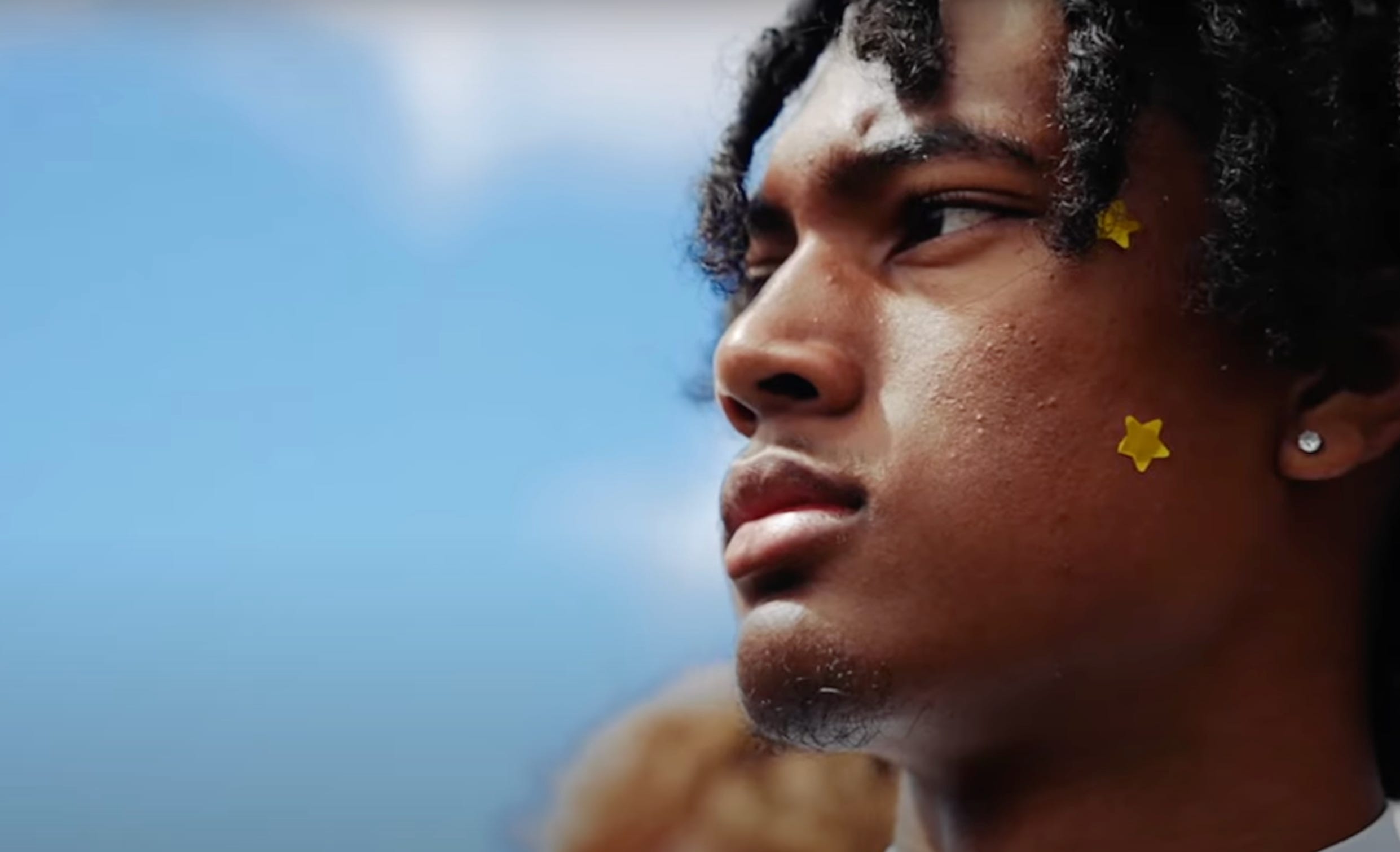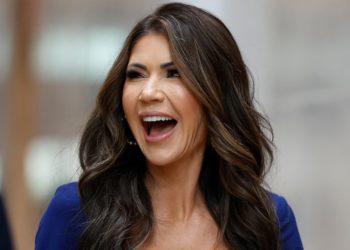
Jaap Buitendijk/Warner Bros.
President Donald Trump’s tariffs are threatening a rare bright spot in Hollywood.
Brands have been ramping up their embrace of Hollywood-style films and TV shows. It’s a trend that’s taken on heightened relevance as the entertainment business struggles to find its footing after COVID, double labor strikes, and the end of Peak TV.
But Trump’s tariffs threaten to put the kibosh on its growth. Six agencies and consultants that work with brands told Business Insider that projects had been canceled or put on hold in recent weeks because of economic uncertainty.
That aligns with data about the broader ad world. For example, a February IAB survey of marketers found that 45% of advertisers planned to reduce ad spending amid worry about tariffs.
“Typically, what brands do is lean on performance marketing and pull money from top of funnel marketing, which is where brand storytelling lives,” said Rick Parkhill, director of Brand Storytelling, an organization that hosts professional gatherings for the branded entertainment community. Performance marketing is where a brand pays for measurable outcomes like a sale or website visit. In contrast, top of funnel marketing is geared toward building a brand’s awareness or shifting its perception. The IAB survey found that 35% planned to increase focus on performance-based campaigns.
“I’m hearing about projects being pulled, held, people being laid off, a lot of concerns about job security,” Parkhill said of branded entertainment in Hollywood. “The big million-dollar-plus projects that are a year long in development — there’s going to be some delays.”
The chill has also had a human impact, brand entertainment insiders said.
“I’ve gotten weekly emails from someone who’s been let go at a brand that was doing some kind of film content or agencies working in that space or a publisher, and they’re looking for jobs,” said Brian Newman, founder of Sub-Genre, which helps companies like REI with content strategy. He said it’s a stark change from just a few months ago.
“At Sundance, we were taking meetings like crazy,” Newman said.
DEI attacks have put a squeeze on brand films
Trump’s war on DEI has taken a toll on branded entertainment as well.
Brands that invest in Hollywood-style marketing content often use it to associate themselves with progressive values. Think Procter & Gamble, whose in-house studio has backed films about gender equity and LGBTQ+ issues; or John Deere, which made a film about Black farmers, “Gaining Ground: The Fight for Black Land.”
Two consultants told BI that the political headwinds had affected clients’ film projects.
Marcus Peterzell, founder of Passion Point Collective, a brand film studio with clients like The North Face and Yogi Tea, said one client decided to stop promoting a film it had already produced and released to avoid attracting backlash from the White House. He declined to name the brand to protect business relationships.
“It’s unbelievable,” Peterzell said.

Procter & Gamble
Why branded entertainment is vulnerable to cuts
Companies that already have a film in production are likely to stick with it, given the sunk cost. It’s easier for them to hit the brakes on projects that are in the idea or development stage. Brand advisors are counseling clients to stay the course and, at the very least, continue developing projects. They’re making the case that brands can gain an advantage by continuing to advertise as others cut back. And in anxious times, consumers are receptive to brand messages that are about more than just low prices.
Parkhill is planning his organization’s big Elevate event in July. With tight travel budgets, he expects it to take longer than usual to fill up. Attendees can expect programming focused on why brands should keep making impactful entertainment in tough times.
“To just say ‘come buy our stuff,’ people are not going to respond to that,” Parkhill said.
As much as branded entertainment is getting more buzz thanks to the success of movies like Mattel’s “Barbie,” it can still face internal resistance. Films take a long time to get made, and it’s hard to prove someone bought a product after seeing a movie.
Even before the tariff news hit, some corporations that had made commitments to the space — including Starbucks, Marriott, and Southwest Airlines — laid off marketers who worked in filmed entertainment. While those cuts were part of larger corporate cuts, they were a reminder to industry insiders of the tenuous nature of the work.
That said, there are some signs of health in the industry, despite challenges.
Hershey has a widely anticipated movie in the works about the candy empire. And Toys ‘R’ Us is looking into a live-action film, Variety reported this month.
While insiders said efforts associated with areas like travel and China-dependent manufacturers had seen the most immediate impacts from the tariffs, they said other sectors like the creator economy, healthcare, and B2B were still going strong.
The post A bright spot in Hollywood is under threat from Trump’s tariffs appeared first on Business Insider.




